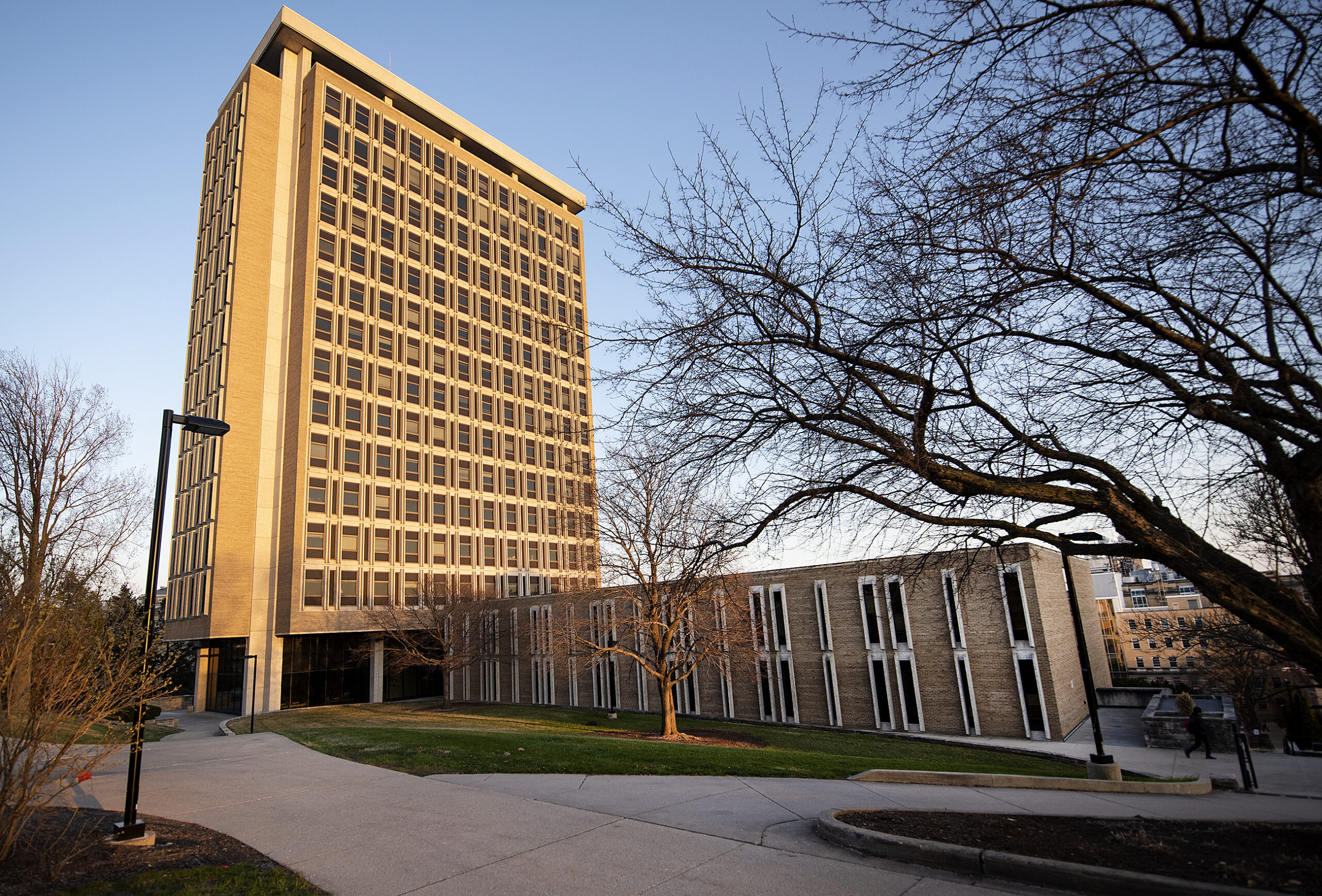A recent study shows popular painkillers can increase the risk of heart attack and stroke within the first few weeks of taking the drugs. Our guest explores the new research, and offers alternatives for pain relief. We also cover the Wisconsin’s participation in a lawsuit challenging new federal carbon emissions guidelines, and talk to a high school principal about a recent letter sent to Governor Walker and state legislators, co-signed by more than 30 other principals, detailing how changes to education have hurt their schools.
Featured in this Show
-
Wisconsin To Join Lawsuit Against New Emissions Standards
Attorney General Brad Schimel has confirmed that Wisconsin will join a multi-state lawsuit challenging new federal carbon emissions guidelines. WPR reporter Chuck Quirmbach joins us with details.
-
With Bad News On Pain Pills–What Other Options Are There?
Recent news about the health risks of ibuprofen and other drugs is just the latest caution flag about pain medications. A Wisconsin researcher shares advice on relieving pain without the pills.
-
Principal Discusses Why He Signed Letter To Walker About School Funding Concerns
More than 30 high school principals from southern Wisconsin signed a letter that was sent to Gov. Scott Walker and state legislators last month outlining how budget cuts and reduced local control are hurting their schools.
The principals stated that the competitive nature and business model their schools now face are creating “haves and have-nots” and hampering their ability to educate their students.
Jefferson High School Principal Mark Rollefson said Tuesday on Wisconsin Public Radio that he recruited area educators to sign onto the letter because he felt it would carry more weight.
The letter reads in part: “We are burdened by the cumulative effects of budget cuts resulting in increased class sizes, cut programs, and deferred maintenance plans. Additionally, we must keep pace with technology demands and provide necessary support services for students.”
Having served in the Jefferson School District for more than 18 years, Rollefson said he’s seen the impact firsthand. He said it started in 1992 when revenue limits were put into place. In the beginning, he felt there was fat to trim.
“Then all of a sudden, it reached a point in the late ’90s, early 2000s when we starting going, ‘Wow, this is getting pretty tight. We’re seeing the difference.’ And then boom, Act 10 hits, and we’ve experienced $1.6 billion cuts just since Gov. Walker has taken seat,” Rollefson said.
Walker and other Act 10 supporters said the law that eliminated collective bargaining for most public employees would give district administrators the financial flexibility to deal with the reduced funding.
Asked if Act 10 has helped his school balance the cuts, Rollefson answered, “I would have to say no, it really has not. I don’t see that that has come to the benefit at this juncture.”
The principals said decreased funding, policy shifts and state mandates have created a competitive business model that they say results in segregated schools.
“This exclusionary system does not reflect the land of opportunity for which our nation is well-known and will reduce opportunity for future leaders who may be the next Rosa Parks or Steve Jobs,” the letter states.
Episode Credits
- Rob Ferrett Host
- Veronica Rueckert Host
- Judith Siers-Poisson Producer
- Chris Malina Producer
- Chuck Quirmbach Guest
- Kristine Kwekkeboom Guest
- Mark Rollefson Guest
Wisconsin Public Radio, © Copyright 2025, Board of Regents of the University of Wisconsin System and Wisconsin Educational Communications Board.



